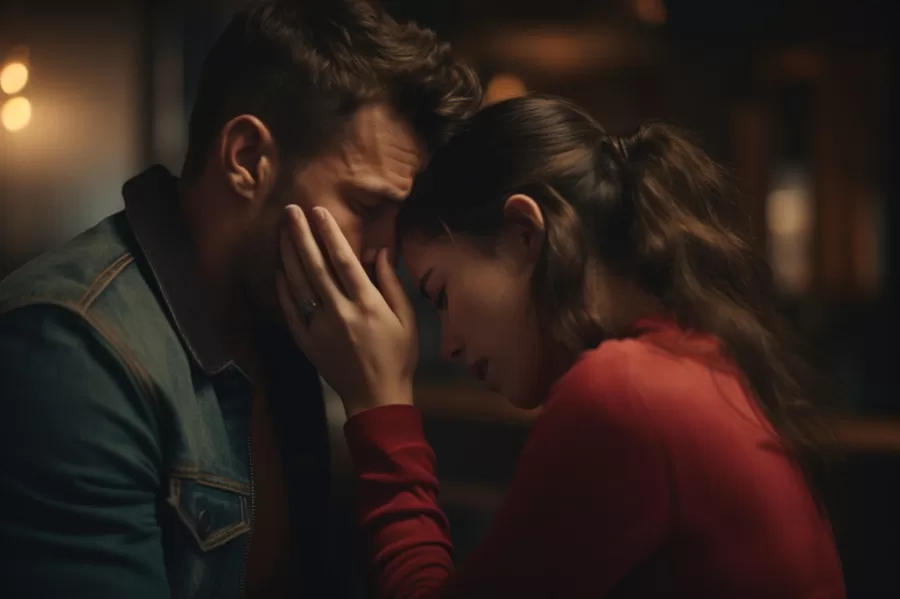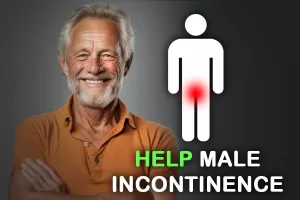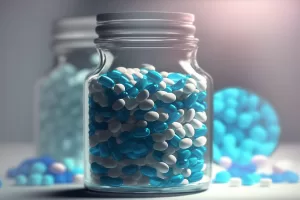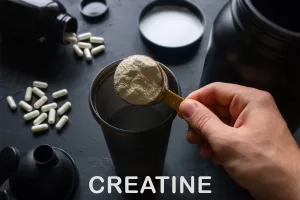Prostate inflammation is called prostatitis and can be acute or chronic. In both cases, it greatly affects the quality of a life of a man. That is because this small gland is located between the bladder and penis and participates in semen production. When it is inflamed, it causes both urinary and sexual problems.
Moreover, this disease is common among men over 50 years old. Thus, it is important to know what is the best treatment for chronic prostatitis and how to cope with this disease once and for all.
What is Chronic Prostatitis
The process of prostate inflammation is called chronic prostatitis when symptoms last for 3 months and more. Sometimes they can fade a bit and then come back with a new force.
All this time a small gland called the prostate experiences inflammation and enlargement. They lead to major discomfort in man’s life. The chronic form of a disease may become a result of an acute one that was not given proper treatment.
In any case, this condition makes the quality of life very low and one does not have to neglect it. The earlier one starts treatment, the easier it will go and the better results will bring.
Causes of chronic prostatitis
There are two main reasons for this disease to appear. Bacteria represent the first one and the second includes other issues that are less common.
Bacterial infection
The specialists differentiate two main types of pathogens that cause this problem:
- Chlamydia;
- various bacteria, including Klebsiella, Escherichia coli or Proteus.
All these microorganisms often cause acute prostatitis and remain there even after treatment to cause new problems.
Inflammatory conditions
An inflammatory process may occur when the urinary sphincter does not relax after emptying the bladder. It creates additional pressure due to which urine flows back into the prostate. Its presence in the glad leads to inflammation.
Pelvic muscle tension
Physical injuries or stress may cause the appearance of higher tension in pelvic muscles. They compress the gland and prostatitis follows.
Nerve irritation
Surgery or a physical injury may lead to nerve damage in the pelvic area. Their overactivity can cause pain without inflamed regions or the presence of pathogens.
Symptoms of chronic prostatitis
Chronic condition is not as severe as acute one. Still, when any of the following symptoms appear and persist, one has to immediately visit the doctor for the prescription of the proper treatment.
Pain and discomfort
There can be different discomfort including:
- pain in the area between the rectum and scrotum;
- back or rectum pain;
- pain in the penis and in the process of ejaculation.
Its intensity and duration may vary depending on the situation. Sometimes pain completely disappears and then abruptly comes back.
Urinary problems
Urination becomes painful and difficult. Furthermore, it is more frequent and one feels an urgent need to get up and visit the bathroom several times at night.
Sexual dysfunction
In addition to pain, ejaculation also becomes difficult and a man feels less pleasure in his sexual life. Thus, its quality and quantity gradually decrease.
General health impact
Sometimes a person can experience infection signs such as fever or chills, vomiting or nausea. Moreover, different psychological problems may appear due to difficulties in sexual life. Altogether, the patient experiences a decrease in the quality of life and may even get depression.
Chronic Prostatitis Treatment
The exact treatment depends on the main cause of the disease. Therefore, it must be prescribed by a doctor after diagnostics. In addition, this therapy is long-lasting and requires at least a few months. Thus, it is crucial to follow the recommendations of the doctor and regularly take medicines that were prescribed.
Antibiotics
If the tests reveal bacteria that cause inflammation and other symptoms, a doctor will prescribe specific antimicrobial medicines. Their intake will be required for a few months or even for half a year until all the microorganisms are gone.
Anti-inflammatory medications
Nonsteroidal anti-inflammatory medicines like ketoprofen suppository or oral nimesulide are effective for chronic prostatitis treatment. This disease is in most cases accompanied by inflammation of the gland that causes unpleasant symptoms. No wonder reducing inflammation is a good idea.
In rare cases, doctors prescribe steroids. However, their side effects may contradict the possible benefits of such therapy.
Pain management
OTC pain relievers as well as hot baths help when prostatitis is caused by spasms and muscle tension. As a choice ibuprofen, aspirin or another NSAID can be recommended. In addition, these medicines have anti-inflammatory properties.
Muscle relaxants
If muscle tension and pain are severe, specific medicines such as methocarbamol and cyclobenzaprine are prescribed. They also lower anxiety and may help to cope with stress and psychological problems.
Alpha-blockers
When a difficulty with urination is one of the main symptoms, drugs that relax the muscles of the bladder are required. They are called alpha-blockers and can be of two types:
- nonselective (doxazosin, terazosin);
- selective (alfuzosin, tamsulosin).
The first group also lowers blood pressure so should be taken carefully and according to the doctor’s prescription.
Alternative Therapies
Different alternative tools and remedies are also used. That is because of the long treatment period during which these types of therapy can also be helpful.
Acupuncture
This technique belongs to traditional Chinese medicine but nowadays has become popular worldwide. Its main idea is to insert needles into the body and stimulate nerves with their help. It is useful in case of chronic pain and there is some evidence of relieving pain that accompanies chronic prostatitis.
Biofeedback
This non-drug treatment aims to give the patient the ability to control involuntary processes in the body. In the case of chronic disease, it may be all symptoms related to the urinary system.
During these sessions, the therapist measures skin temperature, muscle tension or electrical brain activity to identify mental s and relaxation techniques that will help a patient to gain control over the body.
Herbal supplements
Among plant remedies that were studied by scientists and revealed efficiency for treatment of this condition are quercetin, bee pollen and saw palmetto. All these supplements possess anti-inflammatory properties and have a good impact on the reproductive and hormonal systems of men.
Probiotics
When the patient regularly takes antibiotics for a long time, he will definitely need probiotics to prevent problems with the intestines. There is only a piece of small evidence that probiotics help in prostatitis but they are crucial for overall quality of life.
Surgical and Minimally Invasive Interventions
Surgery is rarely used in chronic prostatitis therapy. All the above-mentioned methods are usually enough to cope with the disease. However, if there is no improvement for more than half a year, a doctor may recommend some of the following techniques.
Types of surgical procedures
There are two types of surgical procedures that can be utilized in the case of chronic prostatitis, namely – TURM and prostatectomy.
Transurethral resection of the prostate
When the enlargement of the prostate is too disturbing, some of its tissue may be resected via the TURM technique. For this, a combined visual and surgical tool is inserted through the urethra to the place where the prostate tissue is located. It cuts excess tissue away and then urine can normally flow.
Prostatectomy
Using a surgical incision, a prostate gland can be removed from the body partially or completely. This depends on the condition of the patent and the severity of the disease.
Minimally invasive interventions
Furthermore, two less invasive techniques may be useful depending on the main cause of the problem.
Prostatic stent placement
The temporary or permanent prostatic stents also may help to relieve bad symptoms of this disease. This small device is put in the prostatic urethra (water pipe) to make urine flow better and improve bladder emptying.
Nerve stimulation
Pelvic physical therapy and nerve stimulation in this area may also be helpful when prostatitis occurs due to the problems with muscles and nerves in this area. This option can be also added to the traditional treatment to make it faster and more efficient.
Summary
In a nutshell, we have discovered all the detail about chronic prostatitis treatment as well as symptoms and causes. It is worth remembering that this disease can be fully cured and the quality of life will come back to the norm. Thus, do not hesitate to visit a doctor when even the slightest symptoms appear.
FAQ
Is it possible to fully recover from chronic prostatitis?
Yes, the treatment takes a long time but it includes different options that allow a man to forget about any problems related to the prostate.
Can lifestyle changes help in managing chronic prostatitis symptoms?
No, this disease required specialized treatment that must be prescribed by the doctor. Lifestyle changes can help only a bit to improve an overall quality of life.
How can I cope with the emotional and psychological impact of chronic prostatitis?
It is recommended to consult a psychologist and benefit from regular therapy. The traditional treatment takes time and during this period, one needs to care about mental health.







